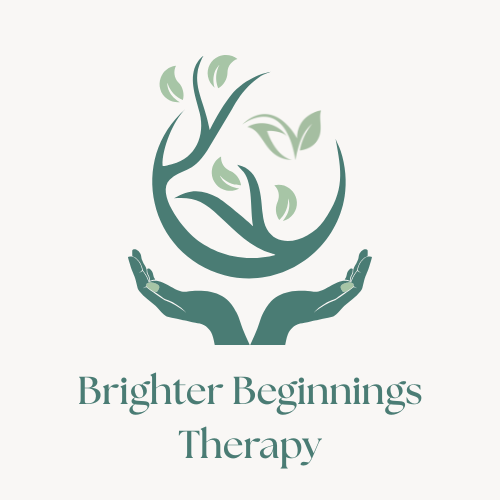Have you ever found yourself getting angry, and afterwards, you’re not sure where it came from? How about when your child runs out into the road? When someone cuts you up in the car on the way to work? Maybe that person stood too close to you in the queue at the supermarket? Perhaps when you have cleaned the kitchen, someone makes a snack, and undoes all your hard work?
Anger is an emotion like any other; emotions are a reaction to triggers.
I have noticed more clients seeking counselling and psychotherapy to address anger management issues.
Anger is classed as a secondary emotion, driven by primary emotions. Much like an iceberg, anger may be the emotion that people see, but underneath that emotion is usually a combination of other emotions. Feelings of helplessness, grief, fear, anxiety, rejection, embarrassment, frustration, tiredness, insecurity, and even hunger!
Aristotle quoted “Anyone can become angry. That is easy. But to be angry with the right person, to the right degree, at the right time, for the right purpose and in the right way – that is not easy.”
It is understandable that people want to learn to control their anger, and there are tools we can use to do this, such as breathing techniques, grounding exercises, counting to 10, moving to a quiet space to cool off and many more. These are great, but they don’t deal with what is causing the anger, the feelings underneath.
Exploring the feelings that might trigger anger in a safe space with someone who won’t judge you for how you feel can be enlightening and empowering. Someone to listen to your story and help you identify your triggers can foster a sense of control over managing your anger. Over time, getting to the root of what is making you feel angry can help you lead a calmer, more balanced life.
Talking to a counsellor or psychotherapist can help; reach out if this is something that you would like help with.
**Note** Anger can lead to violence and abuse, which needs to be addressed. If you or someone you know is being physically harmed, you can call the police on 999. There are also agencies that you can speak to such as
Refuge: National Domestic Abuse Helpline - 0808 2000 247
Men’s Advice Line - 0808 801 0327
Samaritans - 116 123
If you are angry and lashing out, you can speak to Respect Phoneline on 0808 802 4040
~ Lisa
